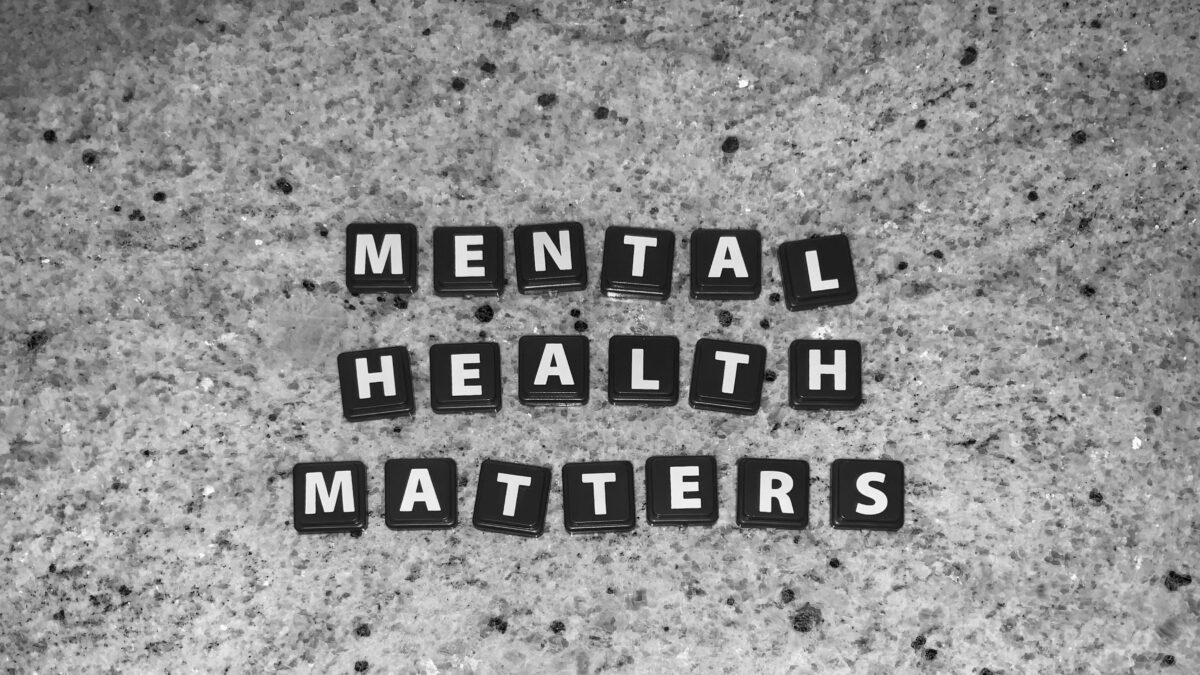Men’s Mental Health and Why It’s Important
When it comes to mental health, there is often a general conversation that occasionally breaks down into mental health as it relates to individual groups. Too frequently, men are not included in the conversation. This is, in large part, the result of societal conditioning that deters men from speaking up about their mental health experience if they can even connect to it at all. Today we’ll discuss some important facts about men’s mental health and the importance for everyone, that their mental health experience remains part of the conversation.
Let’s talk numbers
According to Mental Health America, more than 6 million men yearly suffer from depression. Unfortunately, many of those men go undiagnosed. Additionally, suicide is the 7th leading cause of death in men, and 4x as many men as women die by suicide. Gay and bisexual men are at an even higher risk for mental health disorders than heterosexual men.
Numbers like this are useful to indicate the magnitude of men affected by various mental health disorders, however, it is incredibly important to humanize these numbers and remember how deeply their lives are affected by these disorders and the stigma that surrounds them. For men in particular, there remains a societal expectation that they play the role of “strong and silent” when it comes to discomfort or pain of any kind. Frequently, the expectations of an upbringing in a patriarchal society require young men to disconnect from themselves and their emotions at a young age, setting the stage for poor mental health before they even have a chance.
What to look for
Signs of changing or reduced mental health in men may present differently than some of the widely familiarized characteristics. For example, depression in men may look like escaping into work or hobbies even if not as much enjoyment is found in them. Other symptoms may include anger, reckless behavior, substance abuse, and frequent physical pain like stomach symptoms or headaches. Of course, other symptoms that are more standard across all demographics may also be present. These might be hopelessness, extreme fatigue, getting poor sleep, or losing interest in beloved activities.
In theory, it’s easy to list off a string of symptoms. However, in practice, it is sometimes easier said than done to differentiate between a decline in mental health or other extenuating circumstances. Part of community care is being aware of our loved ones, asking questions, and noting changes when we can. Sometimes we all have bad days, but it’s good to take note when many bad days begin to string together. While it is important to work with a mental health professional when possible, knowing what questions to ask and what to look for can be a huge help not only in identifying the signs that a man you know may be struggling but also in creating a safe space to allow him to connect to and express those feelings rather than push them away.
Why men’s mental health is imperative
Often when we discuss our patriarchal society and the damage that it has done, we fail to discuss the damage that it does to men as well. While men, of course, benefit more from patriarchy than anyone else and that framework causes tremendous harm to other demographics, part of the nuance to this conversation includes the tremendous harm that it does to men as well. Part of creating a more equitable society includes creating the space for men to connect more deeply to themselves without fear, shame, or the perception that their emotions indicate weakness.
How to support
When it comes to addressing mental health, ultimately, the person in need of support must seek it out. However, providing an emotionally safe environment for men to communicate what they’re experiencing is one great start. Another great way to not only support men, but the progress of mental health care in general, is to do your part to help destigmatize asking for help. Therapy is an excellent tool that everyone should have access to without shame or stigma. Working with a mental health professional can help men develop coping skills to move through their experiences in healthier ways that extend beyond their own experiences to the world around them.
If you’re a man seeking mental health support, you’re in the right place. You should be incredibly proud of yourself for your willingness to grow and evolve in healthier ways. It shows tremendous strength to face your experiences and grow through them and it’s not something you have to do alone.
If you’re seeking support, please consider Genesis Counseling of South Tampa. We offer a variety of counseling services and would be happy to help. Contact us today for more information on availability and services.

